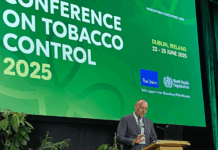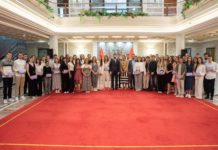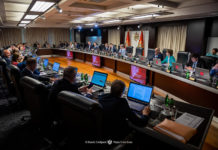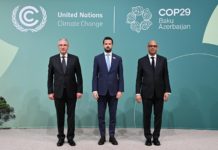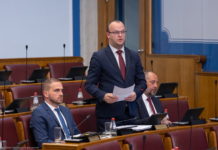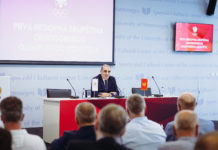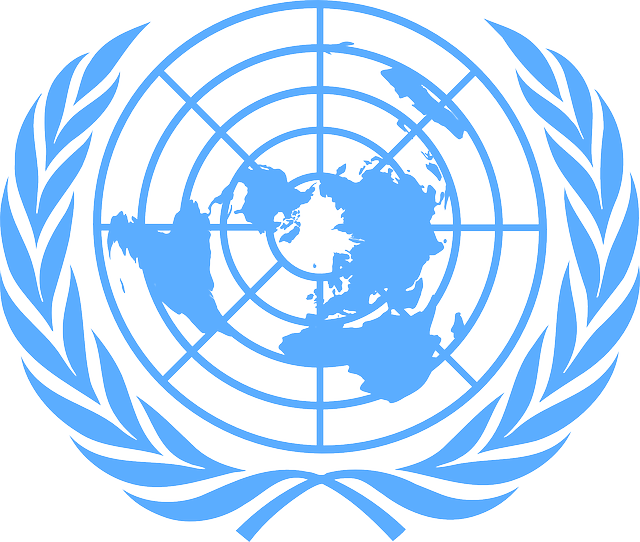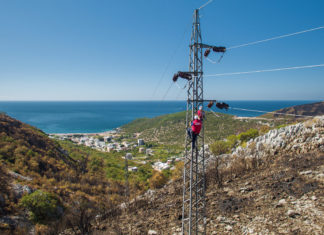Podgorica, (MINA) – The media in Montenegro should act much more responsibly when addressing the topics that involve children and young people, while sensationalism should be replaced by good quality and ethical reporting on children’s rights.
This was heard at a press conference marking the launch of a three-day Reuters training for Montenegrin journalists organized by the Agency for Electronic Media and the UNICEF.
AEM Director Abaz Dzafic said that the purpose of the training is to support media in Montenegro towards good quality and ethical reporting on the key issues affecting children’s rights.
According to him, the media should set an example for constant implementation of professional and ethical standards.
“Our experience says that violations of children’s rights in the media are most often caused by lack of awareness of those rights, which is why more focus should be placed on this aspect of protecting children’s rights,” Dzafic said.
Head of the UNIFEC Office in Montenegro Osama Khogali noted that the media have the responsibility to report on issues concerning children’s rights in an ethical fashion and that being an ethical reporter means serving public interests without violating children’s human rights.
He underlined that one of the key ethical principles is never to publish a story, a photo or a video that could bring a child, their siblings or other children at risk, even in cases of changing or hiding the identity of children.
“A permission from the child or their legal guardian needs to be obtained for all interviews, video recording or photographs,” Khogali says.
Longer version of article is available on a link MINA ENGLISH SERVIS

